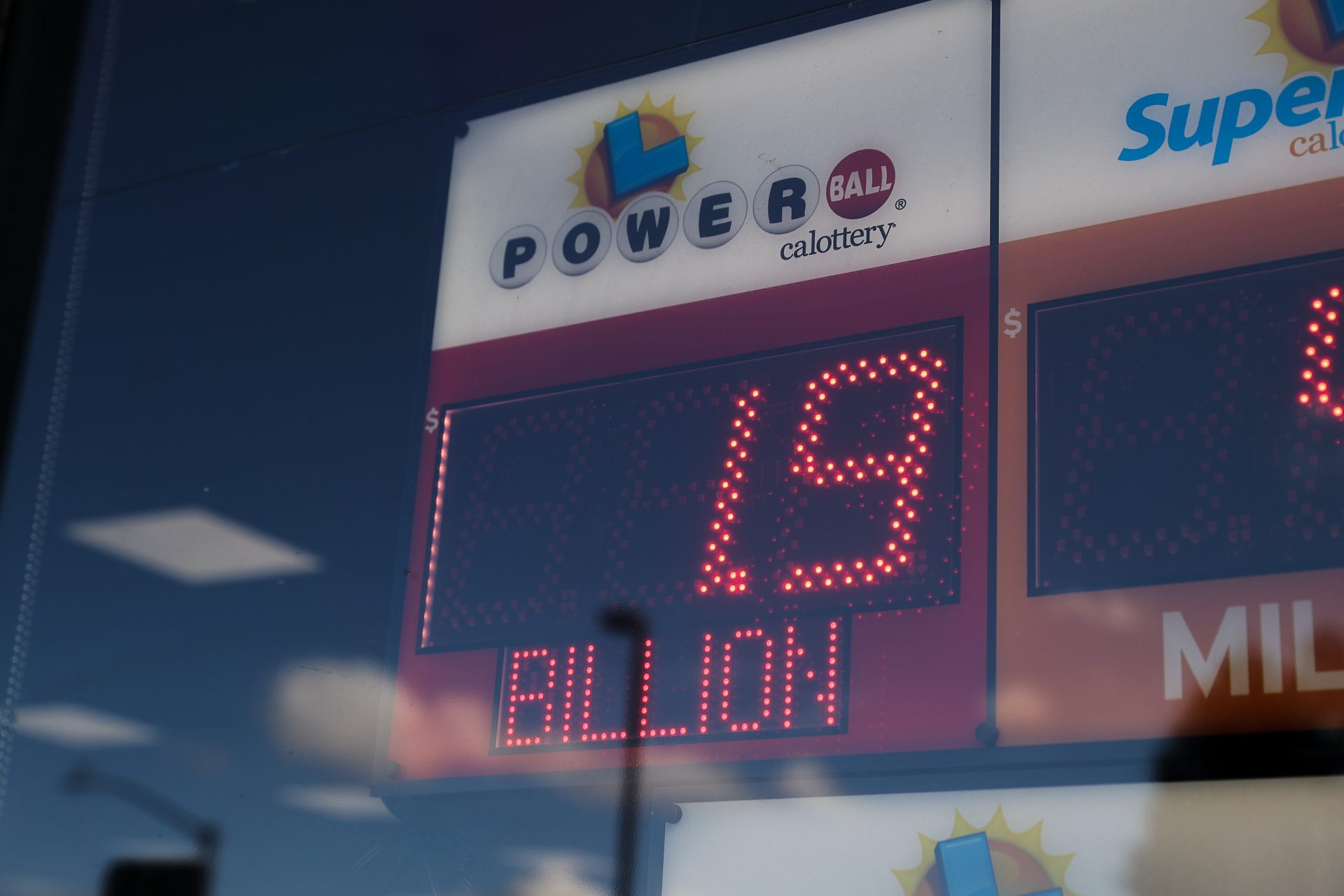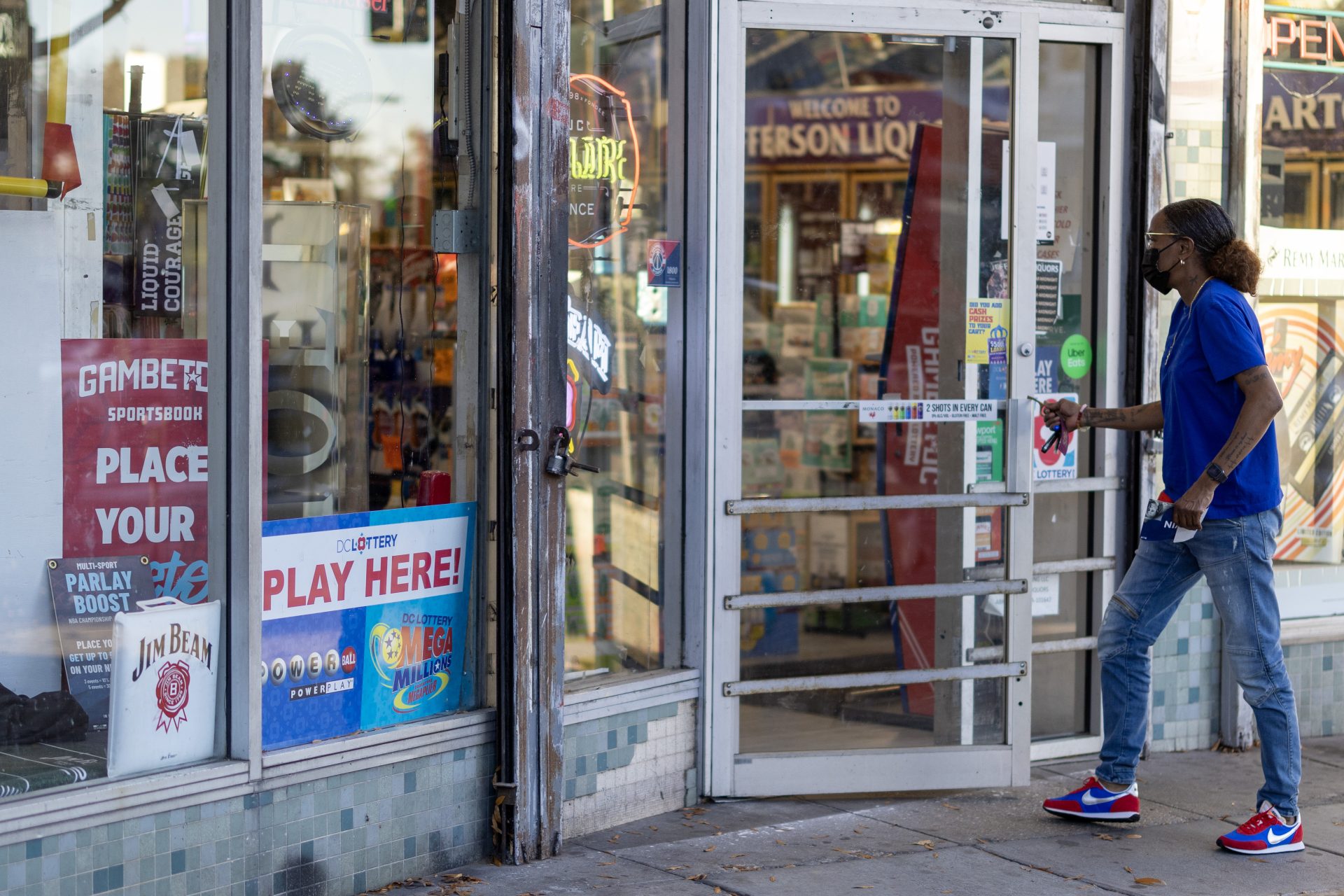Critics are accusing the lottery of “systemic racism” after aggressively marketing itself in poor Black and Brown communities across the country, according to a bombshell CNN report.
The piece, published Wednesday, comes just days after the largest Powerball jackpot lottery ticket ever sold in Altadena, California, where one lucky resident took home the massive $2.04 billion grand prize.
Lottery Offers Promises Of Quick Wealth To Black, Low-Income Communities Despite Infinitesimal Odds
Even though the odds were infinitesimal at only 1 in 292.2 million, researchers tell CNN that state lotteries still aggressively marketed and sold tickets to low-income communities at higher rates, with the misleading promise of quickly generated wealth.
“These communities are disproportionately made up of Black and Brown people. Critics say the consequence is that marginalized people will be driven into deeper debt by a system that is transferring wealth out of their communities,” CNN’s Nicquel Terry Ellis and Justin Gamble wrote.
The national director of Stop Predatory Gambling, Les Bernal, called the lottery “consumer financial fraud” and a form of “systemic racism.”
Researchers found that lotteries are a regressive service, meaning low-incoming groups spend far more on the lottery than those with incredible wealth or income.
More money is spent on instant scratch-off games than drawings like Powerball and Mega Millions.

CNN Report Finds Stores Selling Lottery Tickets Are More Likely To Be Located In Poorer Communities
CNN also reports that stores that sell such lottery tickets are more likely to be found in poor communities in each state. To make matters worse, the state money generated from those lottery sales usually doesn’t end up back in the communities.
Instead, it gets funneled into colleges and other higher-income school districts.
However, one person cited in the piece, Jonathan Cohen, stated he disagreed with the racist angle being pushed by other researchers CNN spoke with and added that the lottery often sees more players when the economy is in trouble.
“And for folks who, especially Black and Brown Americans, maybe face discrimination in the traditional economy, well, the lottery doesn’t discriminate; anyone has just as terrible odds of winning,” Cohen said.

Boost Your Lottery Knowledge: Lawyers Explain How To Make The Most Without Taking Collateral Damage
Meanwhile, Fox News Digital recently spoke to a Philadelphia lawyer who broke down the basics every potential lottery winner should know.
Andrew Santana, the co-chair of the corporate department at Philadelphia law firm Fox Rothschild LLP, started with the following: do not sign the back of the ticket until you fully understand whether you or the signatory’s information will become public.
Santana said it’s best not to tell anyone about the winnings “other than an attorney engaged specifically to assist in claiming the prize,” along with “the people with whom you jointly purchased the ticket, if any.”
He says it’s best to keep your routine and to work with an attorney to maintain anonymity if necessary or until you’re ready to receive media attention and questions about the prize.
Those who think they may have a gambling problem are encouraged to call 1-800-522-4700/check out the National Council on Problem Gambling, where help can be found state by state.

